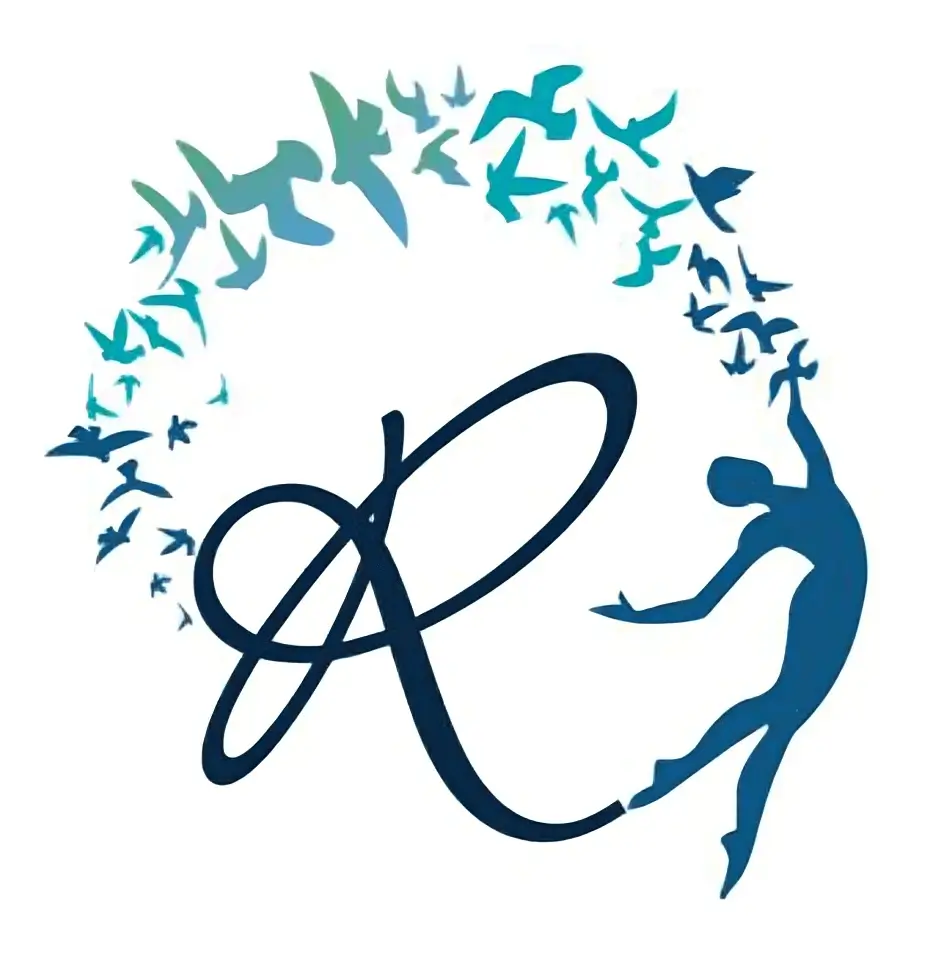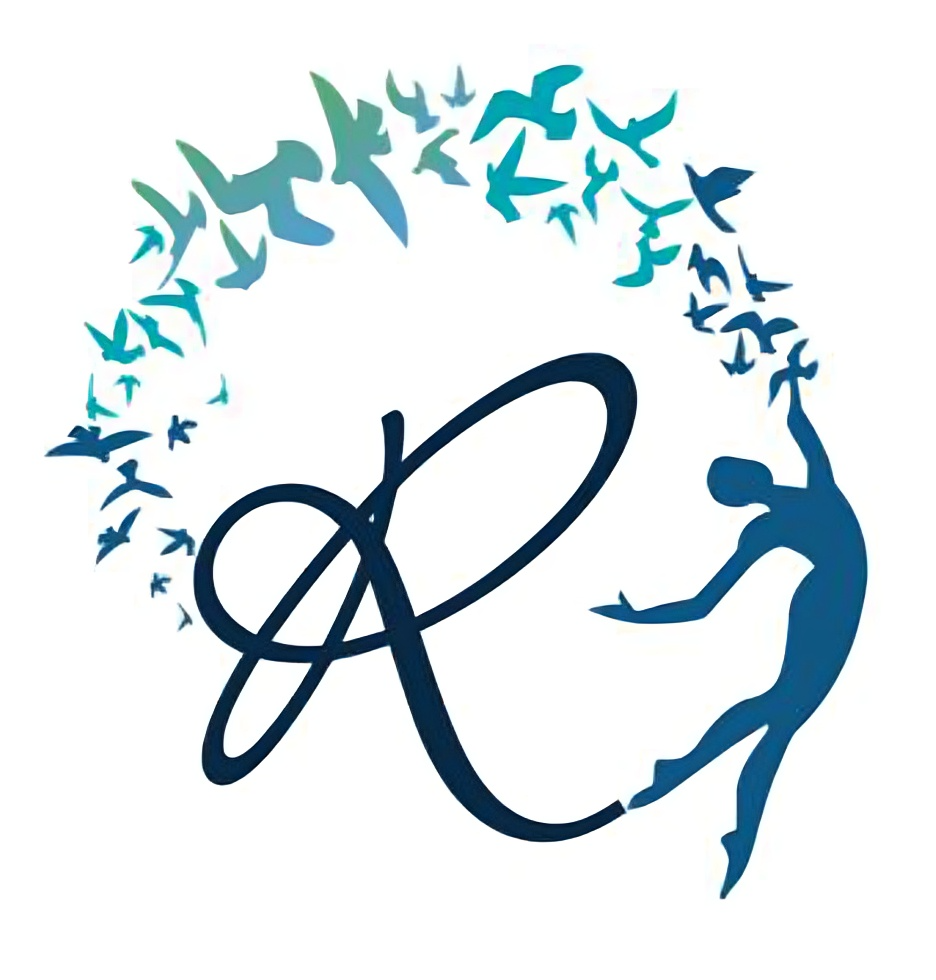
When to Seek Medical Advice for Fertility: A Guide for Couples Trying to Conceive
Trying to conceive can be an exciting yet emotional journey. While some couples achieve pregnancy quickly, others may face unexpected delays. Understanding when to seek medical advice is crucial in optimizing your chances of conception and ensuring timely intervention if needed.
How Long Should You Try Before Seeking Help?
The general recommendation for seeking medical advice depends on age and medical history:
- If you are under 35 years old and have been trying to conceive for a year without success, it’s a good idea to consult a fertility specialist. This duration allows for natural conception while taking into account normal variations in fertility.
- If you are 35 or older, seek medical guidance after six months of trying. Fertility declines with age, particularly due to a natural reduction in ovarian reserve and egg quality. Delaying evaluation beyond this window may impact treatment options.
- If you have known medical conditions affecting fertility, such as PCOS, endometriosis, thyroid disorders, or a history of irregular cycles, it’s best to consult a doctor sooner rather than later—regardless of age. Early intervention can help address underlying issues and improve your chances of conception.
Why is Early Assessment Important?
Fertility is influenced by multiple factors, including hormonal balance, egg quality, sperm health, uterine conditions, and overall reproductive function. Seeking an evaluation early can provide insights into potential barriers to conception and allow for timely intervention. Here’s why early assessment is beneficial:
✔ Identifies Potential Issues – A fertility check-up can uncover conditions like low ovarian reserve, blocked fallopian tubes, or sperm abnormalities that may hinder conception.
✔ Guides Next Steps – If natural conception is unlikely due to medical factors, your doctor can discuss treatment options such as ovulation induction, IUI, or IVF.
✔ Saves Valuable Time – As age plays a significant role in fertility, waiting too long before seeking help can limit options for conception, especially for women approaching their late 30s and early 40s.
✔ Allows for Lifestyle Adjustments – A fertility evaluation can highlight areas where diet, exercise, stress management, and supplements might enhance fertility potential.
Signs You May Need a Fertility Evaluation
While timeframes for seeking help are important, certain symptoms or conditions warrant an earlier fertility check-up:
- Irregular or absent menstrual cycles (suggesting ovulation issues)
- Painful periods or severe pelvic pain (potential endometriosis or fibroids)
- History of miscarriages or recurrent pregnancy loss
- Previous pelvic infections, surgery, or sexually transmitted diseases (STDs)
- A family history of early menopause or reproductive disorders
- Male factor concerns, such as erectile dysfunction or previous testicular injuries
What to Expect During a Fertility Consultation
A fertility assessment usually includes:
- A detailed medical history review (menstrual cycles, lifestyle habits, previous pregnancies)
- Blood tests to check hormone levels (AMH, FSH, LH, thyroid function)
- Ultrasound scans to assess ovarian reserve and uterine health
- Semen analysis to evaluate sperm count, motility, and morphology in male partners
Depending on the results, your doctor may recommend further testing or discuss potential treatments.
Final Thoughts
If you’ve been trying to conceive without success, don’t hesitate to seek medical advice. Whether it’s identifying an underlying condition or simply offering reassurance, a fertility check-up can provide clarity and guidance on your journey to parenthood. Early intervention can make all the difference in achieving a healthy pregnancy.

